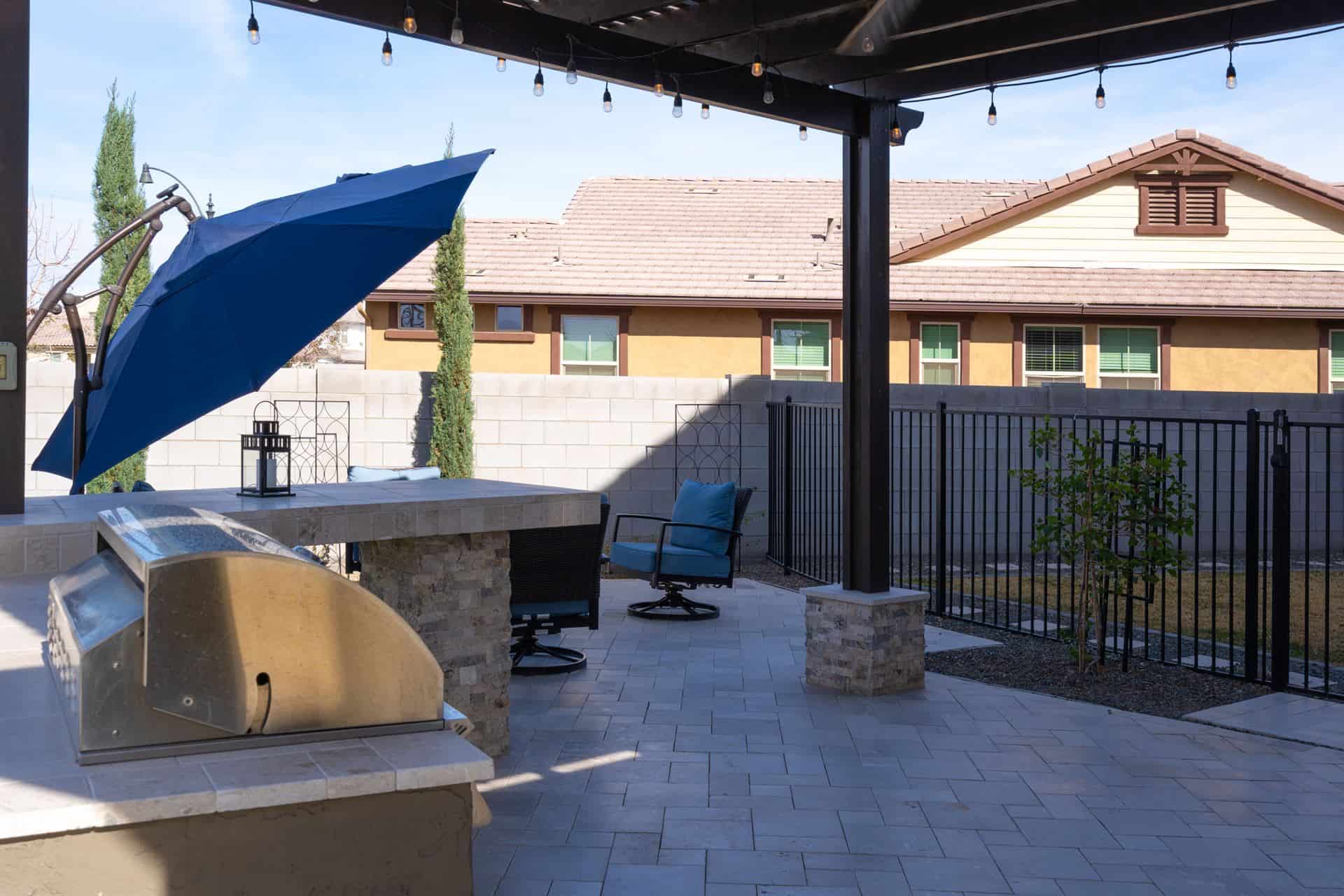In a recent conversation, one of the buyers of a Newman Realty listing said, “I overpaid for this house.” While it was unusual that I would have direct contact with another agent’s client, in this case, I stopped by the house to look at the pool equipment and answer questions for the new owner, all with his agent’s permission.
I overpaid for this house.
While we were chatting, he asked about a minor repair that was needed on the house and why the seller did not agree to correct such a small item. I explained that the seller was of the opinion that the issue was consistent for a home of this age and did not feel he should be obligated to a remedy. That was when the customer said that he felt it should have been taken care of since “I overpaid for the house.”
I was curious why he felt that way and asked him to expand on that notion. He stated that the home did not appraise for what he agreed to pay for it and therefore he had overpaid for the house, then added: “just like the last time.” I asked if he was referring to the house he had just sold in order to purchase our listing and he said yes. I asked how his sale went in this hyper seller’s market and he said he was pleasantly surprised by what his home had sold for but still felt his new purchase was not necessarily fair.
The question is: Are people overpaying for homes in today’s market?
To answer that we need to have a conversation about value.
What is value anyway? Value, in the sense of a commodity like a car, a home, or some other item that is needed by a consumer is, in the simplest terms, the intersection of what someone will sell something for and the amount someone will pay for it. When those two numbers meet, value is established. Value when it comes to housing is usually assessed at two events – when someone buys a home and when they sell it.
If housing prices go up in the time between purchase and sale, then the seller feels that the purchase was a good value, that’s when the term investment starts to enter the conversation. This home was a good investment because I bought it for X and sold it for X + Y. If you sell for less than what you paid for the home, then it was a bad investment, and you start to feel like you overpaid for it in the first place. Did you?
Market Value vs. Appraised Value
For years now, lending institutions have frequently required a borrower to have an appraisal performed on a property prior to approving the loan. They want an independent, skilled, opinion of value performed by a neutral third party to ensure that the property being purchased is worth what the buyer is willing to pay for it.
To do this the appraiser will inspect the subject property, make notes of the property condition, features, upgrades, and qualities, then compare what he/she knows about the subject property to other similar properties that have recently sold and see what the comparisons look like. It is a rather calculated, unemotional process to ensure to the lender that if the loan goes bad, and the lender has to foreclose on the house, there is a reasonable expectation that they will be able to sell it and be made financially whole.
Appraisals get tricky is when a home has a feature that is extremely valuable to a specific buyer but may be of negligible value in the mind of the appraiser. I had a client purchase a home specifically because the kitchen window had a view of a nearby mountain peak, it was almost like a framed photograph, and because of that, it held great value for her. To the appraiser, it did not hold the same value. In the end, the view had enough value for her to pay above appraised value for the property. Did she overpay? For her, the market value was what she paid for the home, her willingness to pay matched the amount the seller was willing to accept. The only one that cared about the appraisal was the lender.
The other challenge on appraisals is when we are in hypermarkets, where values are rising or falling rapidly. How can an appraiser establish value of a home today by comparing it to one that sold four months ago? In today’s local residential real estate market we have extremely low inventory and super high demand for housing. It’s volatile. List prices are just suggestions. Market forces are driving up prices and competition is fierce.
In the scenario at the beginning of this article, when the buyer said, “I overpaid for this house,” our buyer customer was one of eight offers received on the property. All the offers were well above asking price and the market was clearly telling us what the home was worth. Market value, and appraised value were far from equal.
Bottom line is that if you have an offer accepted in today’s market you are more than likely paying top of market value for it. If you beat out competing buyers than you had to pay top dollar for the home. From an appraisal standpoint, it feels like you overpaid, from a market standpoint you paid what you had to in order to buy the home.
Good investment, great life, or both? All this talk about value and investment is nice but it really focuses on the dollars and cents. I would offer that there is another consideration that is often overlooked by sellers.
It occurred to me during another conversation I had with one of my clients several years ago. He had purchased a luxury condo in central Phoenix in 1991. In 2008, he wanted to sell it. He had a price in mind, and a year earlier he may have found a buyer that would pay his price for it, but the market was sliding fast due to the oncoming recession and Phoenix housing crisis. I suggested he might not be able to sell for what he hoped. The market was not there to support his price, by either appraisal or buyer demand. He suggested that if you took the price he paid for the home, factored in general inflation over the 18 years he lived there, it should sell for $xxx at today’s rate. I countered that unfortunately the market did not take that into consideration and the property would only sell for what someone would pay for it. He said after all this time in his home he felt he should walk away with a healthy profit. I did not press the issue, but I could not help thinking that even if he sold it today, for what he paid for it in 1991 and made no profit at all, he still would have had 18 years of comfortable shelter at no cost beyond his utilities, taxes, and insurance.
The condo was on the 17th floor of a luxury high rise with stunning views of the Phoenix Country Club and South Mountain. Every day my client came home from work he walked into a magnificent view from his lovely property.
I think it is important to always remember that there is more “gain” from homeownership than just how much of a profit you make (or don’t make) when you sell. Home is where we gather, where we connect with family, where we put our heads down at night. Home is our constant companion through our stages of life and it has value that cannot be measured exclusively on a financial basis. Value can mean a lot of things.
We are happy to work in the industry that centers around Home, and all that term represents. Buying and selling are financial processes, but the commodity exchanged represents much more. In the end, we do the best we can at the time we need to buy or sell. The market will do what the market will do, and ultimately it will dictate what you buy or sell for, in the meantime enjoy your time in the space you call home and be grateful for the opportunities that homeownership provides, financial and otherwise.


0 Comments